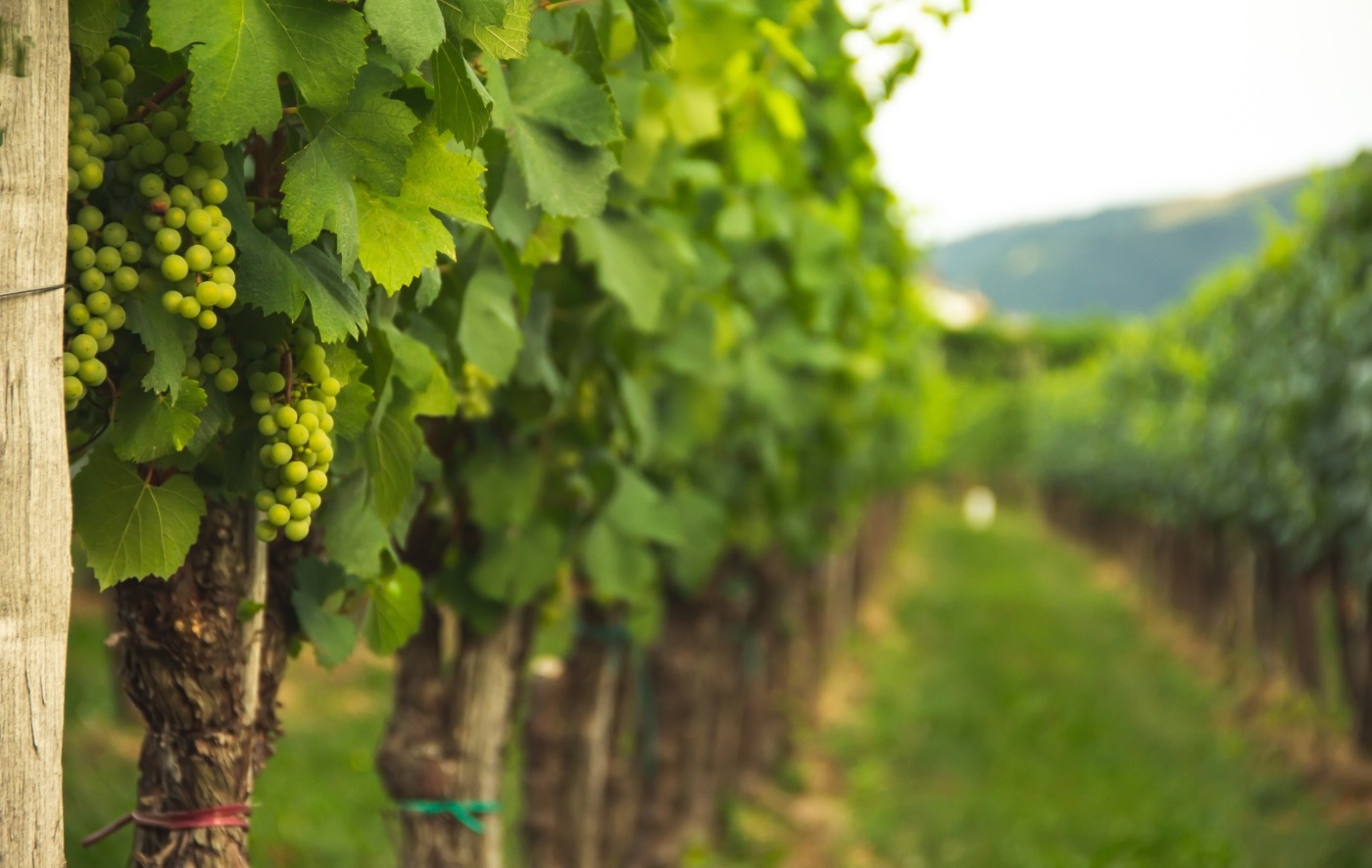How can you help the planet while drinking wine?
During the pandemic, the popularity of drinking alcohol at home rose sharply. In the week beginning 16 March 2020, alcohol sales increased by 67% and Alcohol Change UK have reported that one in five have been drinking more frequently since lockdown. However, the commercial wine industry is said to play a critical role in the destruction of our planet, so is there a way for us, as a nation, to reduce this impact?
Historically, drinking wine in the UK has always been unsustainable. The popularity of buying exotic international brands, from countries such as New Zealand and South Africa, results in a huge carbon footprint, due to transportation, which we, as consumers, often ignore. But it does not have to be like this!
Although the UK is not typically known for its wine, in the last 20 years, the British wine industry has come a long way, with its number of vineyards almost doubling in that period. Ironically, climate change has made the country increasingly suitable for wine-making. For example, South England has had an average temperature increase of 1.8 degrees over the last 50 years and in 2018, we experienced what has been described as the “harvest of the century”, due to the exceptionally dry, long-lasting summer. This weather creates prime conditions to make sparkling wines, with some British brands apparently rivalling those of France’s Champagne region.
Historically, drinking wine in the UK has always been unsustainable. But it does not have to be like this!
The environmental benefits of buying local produce are endless and, after a tour of Denbies Wine Estate located in the Surrey Hills, which measures three times the size of any other vineyard in the country, I believe that homegrown wine is the way forward! These kinds of boutique or family-owned wineries champion sustainability. Instead of solely focusing on making profit through intense mass production, most smaller businesses prioritise the quality of their product through environmentally-friendly practices. As a result, these local wineries are able to adapt quickly to new, greener ways of doing things. Their typical multi-generational business structure also means that they place serious consideration on maintaining the land quality for future generations. For instance, they tend to use long-term organic farming methods rather than an intensive use of harmful chemical pesticides.
However, some still fear that not enough is being done to help the planet. Daniel Ham, founder of a sustainable winery on a biodynamic farm in Wiltshire, argues: “Wine is a luxury, non-essential product, so of all the farming practices, trying to be sustainable in growing grapes is one of the first places we should start.” Some raise concerns that, because many English wineries are relatively new to the scene, they haven’t established these sustainable practices.
On the contrary, Denbies is an excellent example of what is possible when ecological responsibility is made an integral part of the business plan. Recently awarded a silver membership status by greentourism.com, Denbies details their ground-breaking strategies in their 2020 Sustainability Statement: using biodiesel fuels for tractors, working with the Surrey Wildlife Trust to preserve biodiversity, supporting charities which combat climate change, extending the woodland area by planting trees, monitoring energy usage and hosting quarterly Green Committee focus meetings for staff – to mention a few. Stretching over 600 acres of land, 265 of which are vineyards, their sustainability initiative has a huge, positive impact on the surrounding areas and they are continuously looking to expand their facilities. The fact that Denbies supports primary, secondary and tertiary business operations makes it a trailblazer in the world of environmentalism – from the growing of the grapes to the bottling and selling of the wine, it all takes place on one site.
Ultimately, the lesson to be learnt is: if we support our local wineries, the planet will definitely thank us later!
Outside of winemaking itself, another sustainability leap has been made in British wine concerning packaging. In June, one of the UK’s largest online retailers for English wine, The English Vine, launched the first ever wine in a paper bottle. This paper bottle has a carbon footprint 84% lower than that of a glass one – glass is nearly 50% responsible for the carbon footprint created by a typical bottle of wine due to its heavy weight which affects transportation. Neil Walker, founder of The English Vine, explains: “We’re proud to be leading the way in sustainability for wine packaging in the UK. As winemakers, I believe we have a responsibility to make positive steps towards more environmentally friendly methods in winemaking. I think packaging is definitely a good place to start.” He hopes that consumers will share his vision and overcome their preconceptions that non-glass packaged wine is of lower quality. The company aims to be 100% non-glass packaging over the next five years.
Overall, thanks to the relatively low commercialisation of the British wine industry, winemakers have the freedom to truly enjoy what they do and pride themselves on their innovative green-farming practices. In recent years, we have seen a steady increase in consumers wanting to try homegrown, organic brands; many of which are highly acclaimed – Denbies, for instance, has won various International wine competitions and is said to boast some of the finest table wines in Europe. Ultimately, the lesson to be learnt is: if we support our local wineries, the planet will definitely thank us later!

Comments